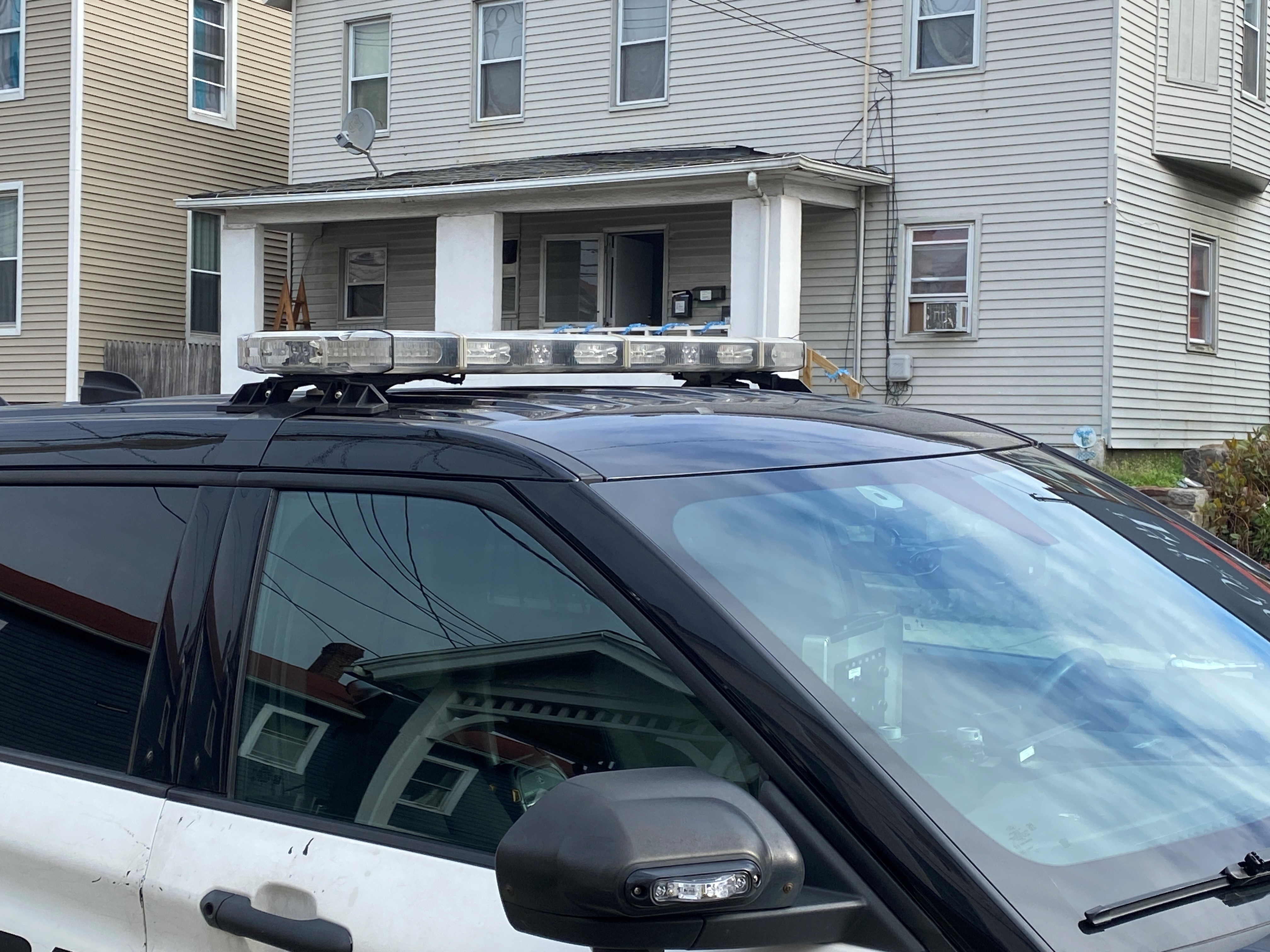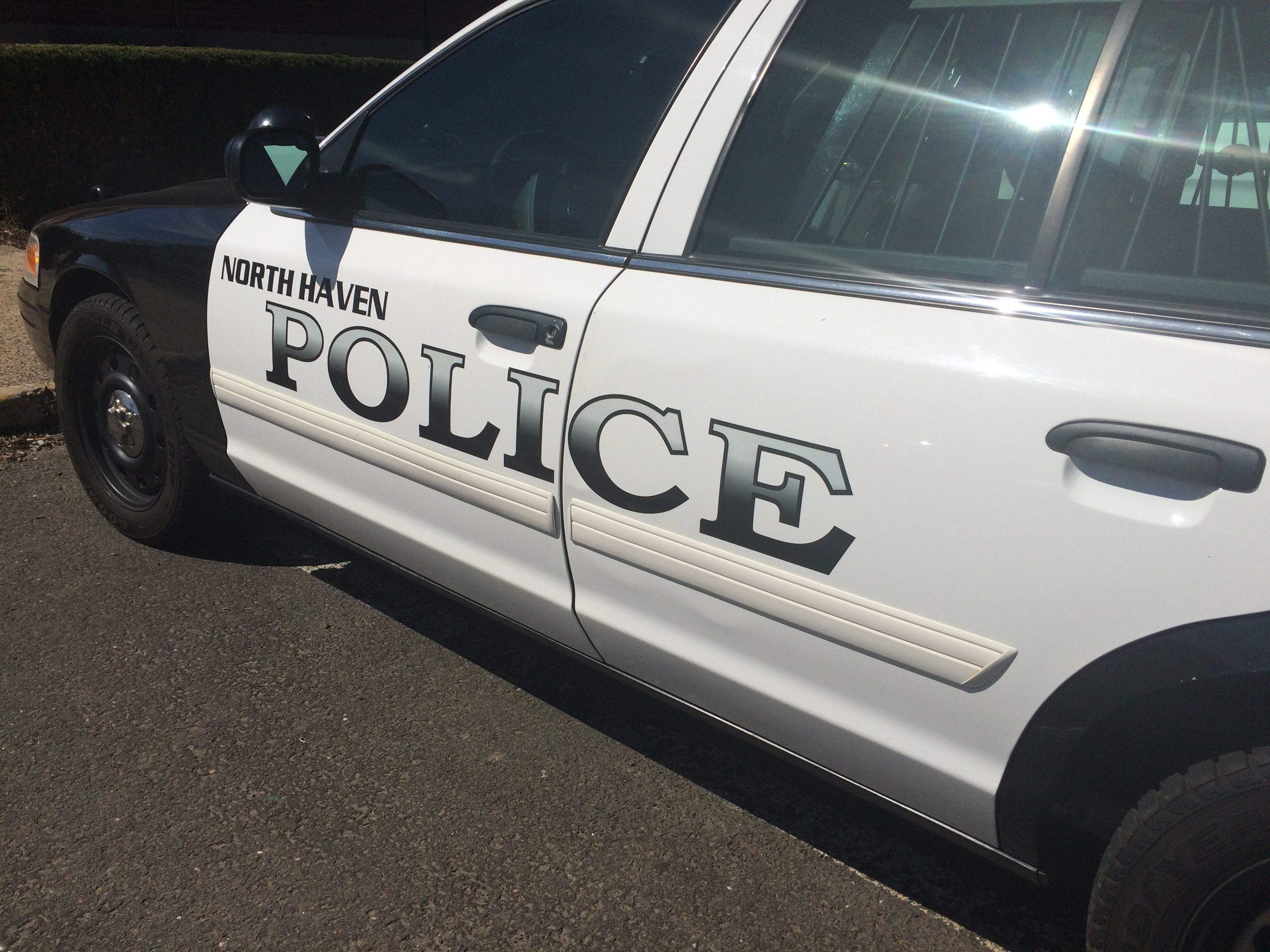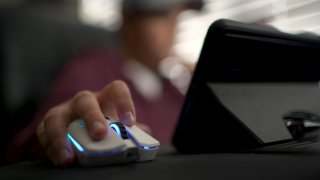
A detailed report, commissioned by the Connecticut Conference of Municipalities (CCM) and Dalio Education, was released today shedding some light on who is most impacted by the digital divide.
The report, which is several pages long, breaks down the demographics where the lack of WiFi technology is most acute. Statistics show the divide is disproportionately affecting communities of color, students and older adults.
Among findings, urban areas are most in need. Hartford, New Haven, Waterbury, New Britain, Bridgeport have been hardest hit. 38% of households in those cities do not subscribe to WiFi. This has affected remote learning, tele-medicine and the ability for people to apply for jobs and work remotely.
“We have to make sure everybody has the ability to participate in the economy,” said CCM’s Executive Director, Joe DeLong.
Breaking the numbers down further the report shows certain groups more disconnected than others. More than a third of older adults, low-income families, Hispanics and African Americans do not subscribe to broadband, according to the report.
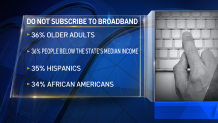
The lack of affordable broadband is something residents would like to see addressed.
Local
“Everybody should be getting WiFi because it’s there. All you have to say is ‘bing’ and hit a button,” said Hartford resident Roderick Arnold.
Hartford resident Marcus Harris said it should be subsidized, “there could be more grants out there for urban cities.”
The CCM agrees, comparing the need for Wifi to the need for electricity in the 1930s. The Electrification Act of 1936 provided federal funding to bring electricity to rural areas and the CCM suggests something similar today.
“It’s going to take action at city halls. It’s going to take actions at the state house, going to take federal action," said DeLong.
Since the pandemic’s beginning, Dalio Education has championed efforts to close the digital divide for Connecticut students. It donated 19 million dollars to help the state purchase 60,000 laptops.
“If we don’t solve this problem we are going to fall behind,” said Dalio Education Founder and Director Barbara Dalio.
The digital divide has created what some are calling, “the homework gap.”
“Before you got a stack of paper and books. Now that’s obsolete,” said Dalio, alluding to the essential need of technology for all students.
According to a report, approximately 321,000 households in the state lack broadband subscriptions.
Among them 57,000 have children under the age of 18. Presenting a problem even beyond the pandemic.
“Even if Covid is over and they go back to school full time they still need the Internet to do their homework,” Dalio said.
Breaking the Digital Divide report down further, 14 percent of all Connecticut households with children under 18 are without broadband. There is also a large deficiency for low income, Hispanic and African American households.
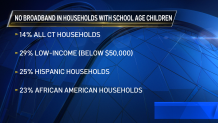
Addressing the issue, the CCM says there needs to be federal action. They say, following the election, it will lobby vigorously for funding that will bring more affordable internet access into communities of need.
“This is a national crisis,” said DeLong. “It affects every state in one way or another.”

